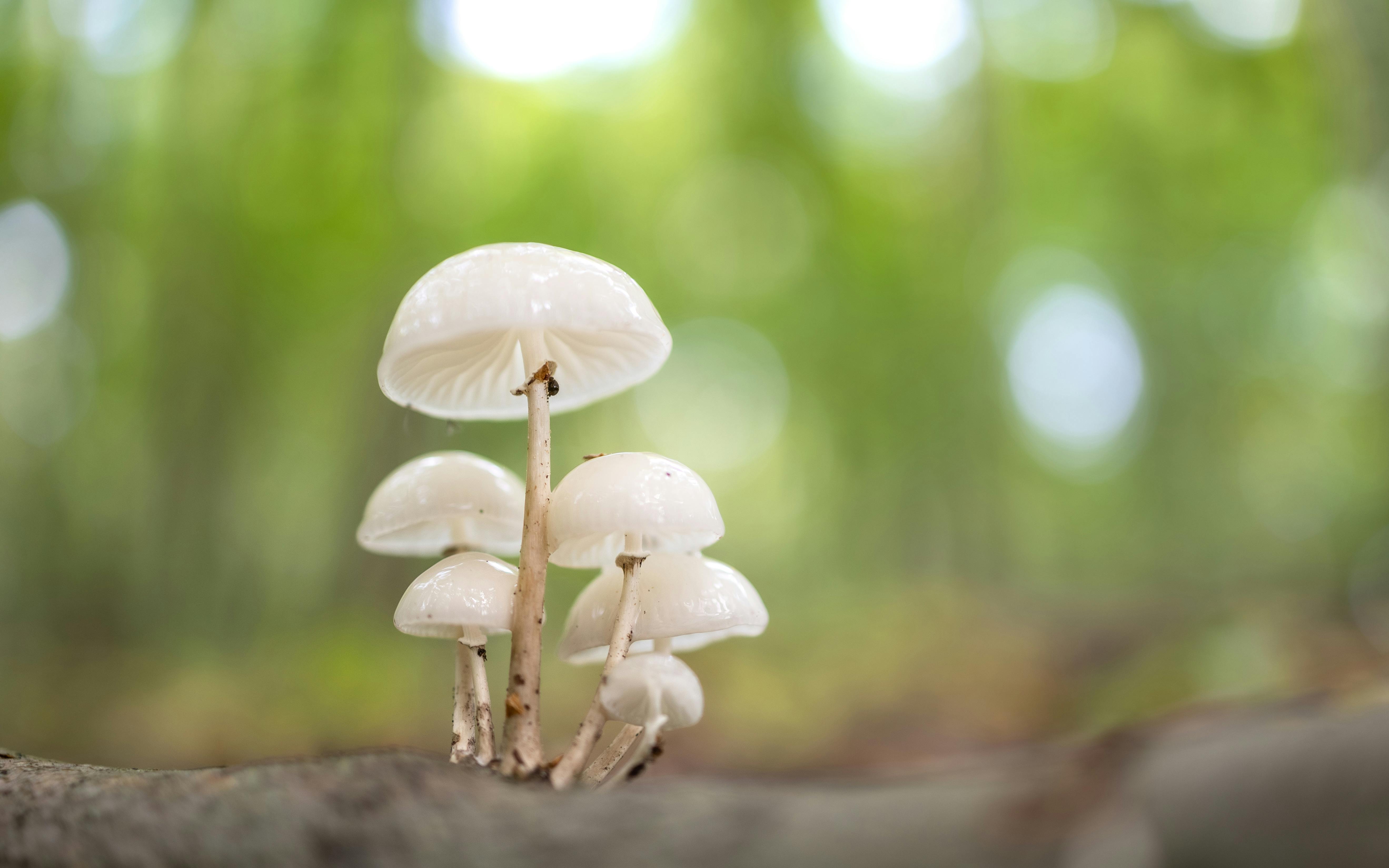Apply Now
Smart Ways to Improve Rabbit Carrot Diet in 2025
Understanding Carrot Nutrition for Rabbits
Carrots are often seen as the quintessential treat for rabbits. However, while they are delicious and appealing to our furry friends, understanding their nutritional value is essential. Carrots are rich in vitamins like A, which is crucial for maintaining good eyesight and skin health in rabbits. Additionally, they provide a healthy dose of fiber, which is necessary for a rabbit's digestive system. However, it's important to remember that carrots are also relatively high in sugar compared to other vegetables, so they should be fed sparingly.
When considering the best carrots for rabbits, organic options are ideal as they do not contain harmful pesticides. Carrot tops can also be a nutritious addition to a rabbit's diet, providing extra fiber and nutrients. Always wash and prepare carrots properly to ensure they are safe and free of contaminants.
Incorporating carrots into a rabbit's diet can also enhance the variety, making mealtime more enjoyable for your pet. For a deeper understanding of rabbit nutrition, check out this [complete guide on rabbit dietary requirements](https://example.com/rabbit-diet-requirements).
Feeding Guide for Rabbits: Balancing the Diet
To improve a rabbit’s diet effectively, it's essential to create a balanced meal plan. While carrots can be a healthy snack for rabbits, they should never be the main component of their diet. Instead, the base of the diet should focus on high-quality hay, which provides the necessary fiber for a healthy gut. Fresh vegetables should complement this, including leafy greens and an array of safe veggies for rabbits like bell peppers and zucchini.
When introducing carrots, start small to gauge your rabbit's response. Monitor their behavior and digestive health to ensure they are not experiencing any adverse effects. Additionally, feeding schedules should be consistent, giving rabbits a sense of routine that contributes positively to their emotional well-being.
For a comprehensive breakdown of safe foods for rabbits, don’t miss this insightful [article on rabbit food types](https://example.com/rabbit-food-types).
Carrot Preparation for a Healthy Snack
How you prepare carrots for your bunny can significantly influence their enjoyment and health. Start by washing them thoroughly to remove any dirt or residues that could harm your rabbit. Cut them into small, manageable pieces to prevent choking. This is especially important for younger or smaller rabbits, who may struggle with larger pieces.
Another great way to offer carrots is to serve them alongside other fresh vegetables to encourage a varied diet. This also stimulates their natural foraging behavior, which is important for their engagement and psychological health. Additionally, homemade rabbit treats can include carrot puree, which can be a fun and healthy way to treat your pet without excessive sugars.
Ensure you always provide carrots in moderation to maintain your rabbit's health. Discover more creative ideas for homemade rabbit treats [here](https://example.com/rabbit-treat-ideas).
Rabbit Health and Diet: Key Considerations
Impact of Diet on Rabbit Behavior
Rabbit health is closely linked to their diet. A well-balanced diet not only supports physical health but plays a crucial role in behaviors. Diets high in sugar, such as those including excessive carrots, can lead to behavioral issues like hyperactivity or lethargy. Proper nutrition helps maintain energy levels and encourages normal rabbit behaviors, such as hopping, exploring, and playing.
Rabbit owners should be vigilant about their pet's eating habits. If a rabbit suddenly shows a disinterest in food or changes its dietary preferences, it could be a sign of underlying health issues. Promoting a varied diet rich in vegetables, such as those popular with rabbits, is key to fostering healthy behaviors and reducing anxiety.
To delve deeper into how nutrition affects rabbit habits and behavior, be sure to reference this [analysis of rabbit behavior](https://example.com/rabbit-behavior-analysis).
Common Rabbit Feeding Mistakes to Avoid
Many rabbit owners fall into common pitfalls when it comes to feeding. One of the biggest mistakes is over-relying on carrots as a staple food. While they are tasty, too many carrots can lead to obesity and dental issues in rabbits. Remember that a rabbit's primary diet should consist of hay and leafy greens.
Another frequent error is not providing enough variety. Just like humans, rabbits enjoy different flavors and textures in their meals. Offering a range of vegetables keeps your rabbit engaged and can prevent picky eating habits. Additionally, be cautious with commercial rabbit foods that may contain fillers or unhealthy additives. Always choose reputable brands or consider creating homemade rabbit food for optimal health.
Consider checking out this resource on [rabbit feeding tips](https://example.com/rabbit-feeding-tips) to enhance your knowledge.
Rabbit Health Benefits from a Proper Diet
Maintaining a proper rabbit diet yields numerous health benefits. When fed appropriately, rabbits experience better digestion, leading to fewer gastrointestinal issues. High fiber diets promote healthy dental wear, which is particularly essential for rabbits that can suffer from dental problems if their teeth do not wear down naturally.
Additionally, a balanced diet can enhance a rabbit's immune system, reducing the likelihood of illness. Carrots, when fed in moderation, contribute vitamin A and other important nutrients that strengthen overall health. Pet rabbit owners should strive for a diet that focuses on quality over quantity, ensuring their bun is getting the best nutrition possible.
For ongoing education about rabbit health, make sure to explore [veterinary care for rabbits](https://example.com/rabbit-veterinary-care).
Enhancing Rabbit Meals with Vegetables
Best Vegetables to Include in a Rabbit's Diet
Incorporating fresh vegetables is crucial for a balanced rabbit diet. Beyond carrots, rabbits thrive on a variety of vegetables. Options like romaine lettuce, parsley, and kale are excellent choices. These leafy greens not only provide essential nutrients but also encourage chewing, which is vital for dental health.
It’s recommended to introduce new vegetables slowly. This gradual approach helps avoid any digestive upset. Watch for any signs of discontentment, such as changes in droppings or a decline in appetite.
For a complete list of safe and healthy vegetables for bunnies, check out this extensive guide on [vegetables rabbits can eat](https://example.com/vegetables-for-rabbits).
Feeding Homemade Rabbit Food
Preparing homemade rabbit food can be a rewarding experience, offering control over what your pet consumes. A well-rounded homemade meal can consist of a mix of hay, a combination of vegetables, and occasional fruits, ensuring that your rabbit receives a variety of nutrients.
When creating homemade meals, include chopped carrots, but limit the portion sizes. Balance them with other veggies and pay attention to the overall carbohydrate intake. Fresh herbs can also be a fantastic addition, enticing your rabbit and providing diverse flavors in their diet.
Explore this resource for detailed insights on [feeding homemade rabbit food](https://example.com/homemade-rabbit-food).
Rabbit Meal Planning: Strategies for Owners
Creating a rabbit meal plan is essential for providing balanced nutrition. Begin by establishing a weekly schedule that includes a variety of vegetables, hay, and limited treats. This schedule should reflect your rabbit's individual preferences and dietary needs.
Regularly monitor your rabbit’s weight and health to determine if adjustments need to be made. Incorporating seasonal vegetables can keep the diet fresh and interesting. In addition, consider investing in high-quality hay options for the base of their diet as it plays a crucial role in maintaining digestive health.
For further assistance with meal planning, you can find comprehensive details about [rabbit meal plans](https://example.com/rabbit-meal-plan).
Q&A Section: Essential Rabbit Care Tips
What are the key signs of a healthy rabbit diet?
A healthy rabbit diet is reflected in their shiny coat, consistent energy levels, and regular droppings. Adequate hydration and frequent play behaviors are also good indicators.
How often should I feed my rabbit carrots?
Carrots can be offered as an occasional treat, not exceeding more than a tablespoon per two pounds of body weight per day.
Are there vegetables I should avoid while feeding my rabbit?
Yes, some vegetables can be harmful, including potatoes, onions, and garlic. Always research new foods before introducing them.
How can I tell if my rabbit is picky about its food?
A picky rabbit might refuse new vegetables, show disinterest in hay, or favor certain foods over others frequently.
What is the best way to introduce new foods to my rabbit?
Introduce new foods slowly, starting with small amounts, and observe your rabbit's reactions and digestive health.




